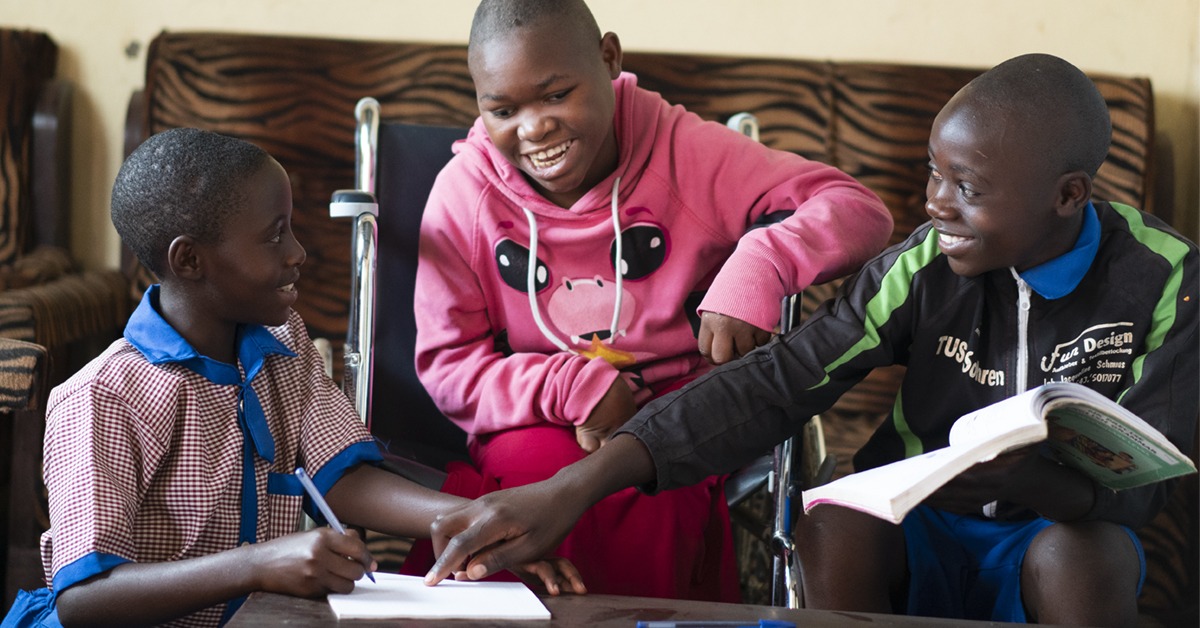International child care experts agree that reform is urgently needed to replace institutions with family-based care for all children, after completing a comprehensive review of research into the scale and impact of orphanage use worldwide.
They confirm that confining children to institutions seriously impacts their physical and psychological development, and can be linked to mental health issues in the long term.
The Lancet Group Commission into ‘Institutionalisation and Deinstitutionalisation of Children’ is published jointly online today by the respected medical journals, The Lancet Psychiatry and The Lancet Child & Adolescent Health.
What is the commission about?
This Commission provides essential confirmation of both the global scale of orphanage use and the physical, social, and mental health consequences for children who are separated from their families and confined to these kinds of large-scale institutions.
“This Commission provides essential confirmation of both the global scale of orphanage use and the physical, social, and mental health consequences for children”
The report goes on to confirm that family-based care is a far better solution, both for children and societies as a whole. Reforms to move children from orphanages into families are urgently needed and should not be delayed, its authors state, making clear that this change has the potential to transform the lives of millions of young people.
Our response
Included as part of the publication, Hope and Homes for Children welcomes the Commission’s findings and call to action.
“This Lancet Group Commission is important because it presents further evidence that placing children in orphanages is unnecessary and harmful, and that family-based alternatives exist that deliver far better outcomes,” writes CEO Mark Waddington.
The timing of the review is also important, Hope and Homes for Children believes, because prioritising family-based care is essential to build more resilient communities, at a time when countries are struggling to cope with the impact of Coronavirus.
“The humanitarian crisis precipitated by the Covid-19 pandemic is playing out in households behind closed doors. Progress made in tackling extreme poverty and other global development challenges is unravelling in front of our eyes. Those countries with established or active commitments to family-based care are better able to mitigate and prevent this impact because they have the pre-existing infrastructure and relationships to engage at household level,” Mark Waddington explains.
“The timing of the review is also important… because prioritising family-based care is essential to build more resilient communities, at a time when countries are struggling”
Hope and Homes for Children has been at the forefront of developing practice for family-based care internationally for over 20 years. In every location we operate, the costs of properly supported, quality family-based care have proven to be less per child than the cost of confinement in an orphanage, the outcomes have been significantly better for the child, with additional benefits for both siblings and parents.
“Put simply investment in family care delivers much more benefit, and causes much less harm, than the expensive costs of building and running orphanages,” Mark Waddington concludes.
With thanks to Commission authors Edmund Sonuga-Barke (King’s College London), Philip Goldman (Maestral), Patricia Lim Ah Ken (UNICEF Rwanda), Marinus van Ijzendoorn (Erasmus University Rotterdam) and the charity Lumos for initiating the Commission.
